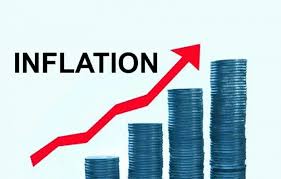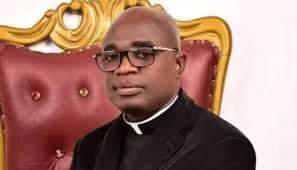
Vice President Kashim Shettima has vowed that Nigeria will soon phase out its dependency on diesel and drastically reduce carbon emissions through the implementation of an integrated hybrid energy system.
Speaking at the opening of the Decarbonising Infrastructure in Nigeria Summit (DIN SUMMIT) held in Abuja on Wednesday, Shettima emphasized that Nigeria can no longer rely on outdated infrastructure models to meet future development needs. He underscored that climate action is no longer a luxury but an urgent economic necessity.
Warning that Nigeria risks falling behind globally if its climate ambitions do not align with practical development realities, the Vice President highlighted the ongoing transformation at Onne Port. “Onne Port is already emerging as a template for our green economy ambitions,” he said. “Discussions are underway with private investors to commit nearly $60 million to electrify the port and turn it into Nigeria’s first green port.”
Through the adoption of an integrated hybrid energy system, Shettima said, the nation will phase out diesel dependency, slash carbon emissions, and provide reliable, affordable, 24/7 power to terminal operators and port users.
The summit’s theme, “Unlocking Climate Finance for Sustainable Development,” reflects months of extensive consultations, regional dialogues, and technical reviews. It embodies Nigeria’s commitment to transforming rhetoric into real action towards the country’s net-zero target by 2060, supported by the Energy Transition Plan and the Climate Change Act.
Shettima drew attention to the fact that 75% of Nigeria’s greenhouse gas emissions come from infrastructure-related sectors such as energy, transport, urban development, and agriculture sectors critical to the economy and rural livelihoods.
“This is a wake-up call,” he said. “To avoid predicted doom, we must decarbonise these systems and build infrastructure that heals rather than harms.” He projected that successful decarbonisation efforts could generate over 1.5 million green jobs by 2035 and position Nigeria as a regional leader in low-carbon industries like clean energy and climate-smart agriculture.
“We are here not to fantasise but to finance, mobilise, de-risk, and build,” Shettima declared. “Nigeria’s future cannot be powered by diesel generators and fragile grids that choke our lungs and drain our treasury.”
He called for stronger regulatory frameworks, harmonized policies across sectors and government tiers, and innovative tools like the Green Investment Portal to link capital with climate-smart opportunities. “Decarbonisation must extend beyond Abuja it must reach every state, local government, community, and home,” he stressed.
Earlier in the summit, the Director General and CEO of the National Council on Climate Change (NCCC) Nkiruka Maduekwe, urged swift action to transition Nigeria to a low-carbon economy despite the country’s minimal contribution to global emissions. She highlighted Nigeria’s vulnerability to climate change due to its geographic location and low adaptive capacity.
Maduekwe pinpointed priority transformation areas including smart agriculture, renewable energy adoption, and improved land management for carbon sequestration. She also called for increased private sector investment in sustainable infrastructure, especially energy and transportation.
Musaddiq Mustapha Adamu, Personal Assistant to the President on Subnational Infrastructure, reiterated the administration’s focus on empowering subnational leaders to drive climate innovation. “This summit is about equity, economic survival, and building a future where infrastructure restores hope rather than damages the planet,” he said, emphasizing support for vulnerable and marginalized populations.





